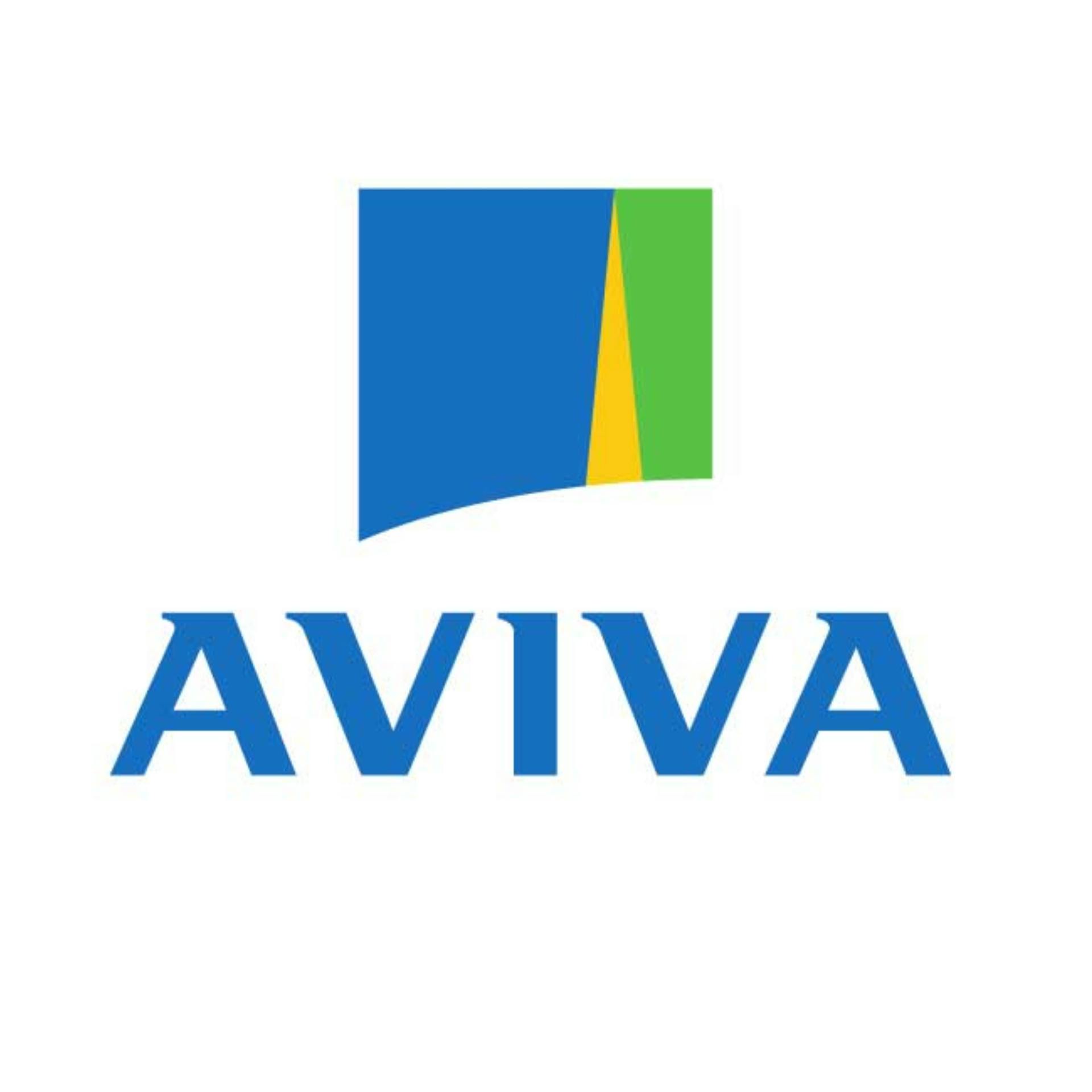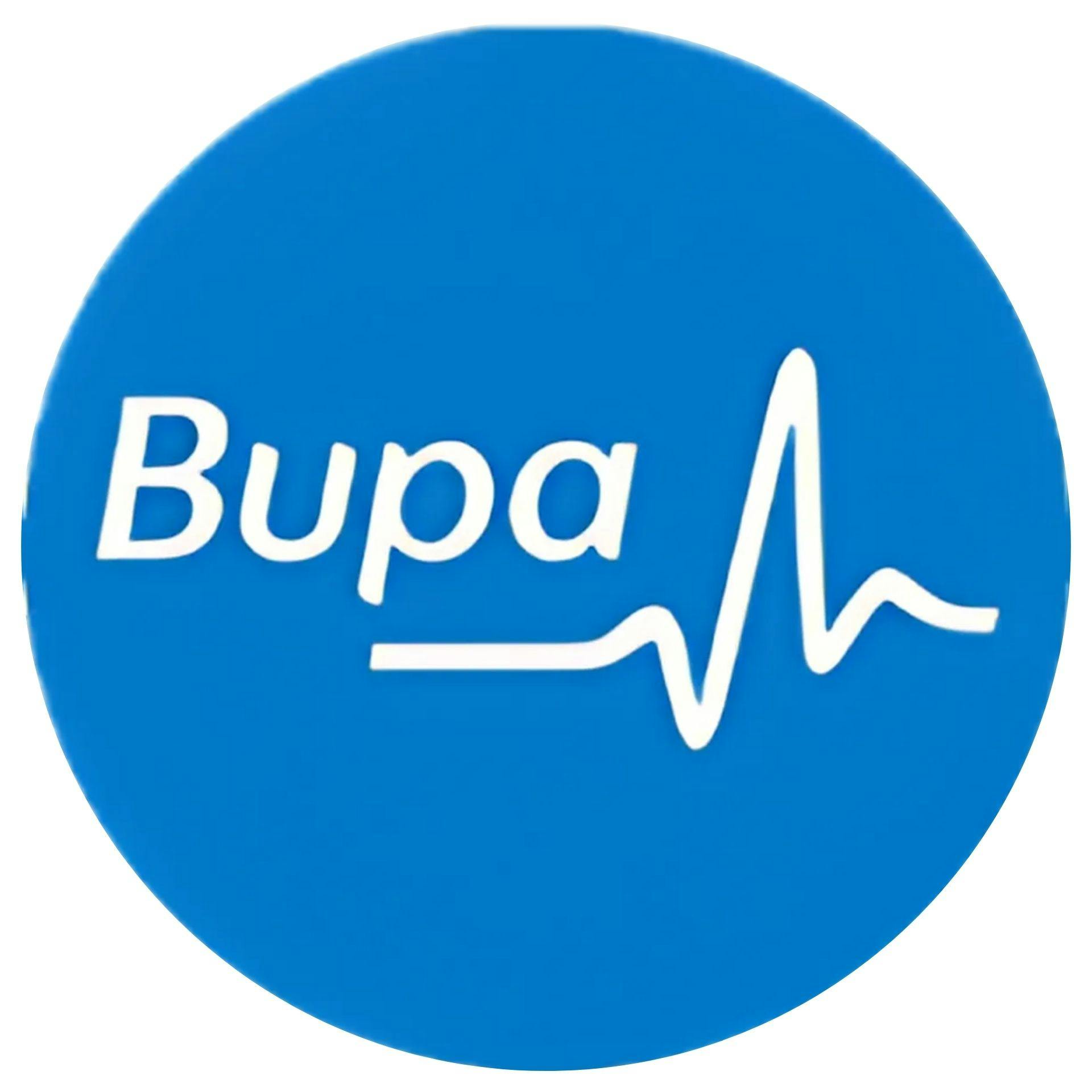While skin cancer is one of the most prevalent types of cancer in the UK, it is highly treatable when detected early. Our dedicated team at Elanic Medical provides rapid, accurate skin cancer screening in Glasgow using best-in-class technology.
Basal Cell Carcinoma (BCC): Basal Cell Carcinoma is the most common form of skin cancer, appearing as raised bumps or sores on the face, neck, or shoulders.
Squamous Cell Carcinoma (SCC): Squamous Cell Carcinoma appears as discoloured, crusty skin patches in regions of the body most prone to excess sun exposure.
Melanoma: Melanoma is an aggressive form of skin cancer that can spread quickly and should be treated by experts as soon as possible. It appears as dark lesions that may change in shape, size, or colour.











